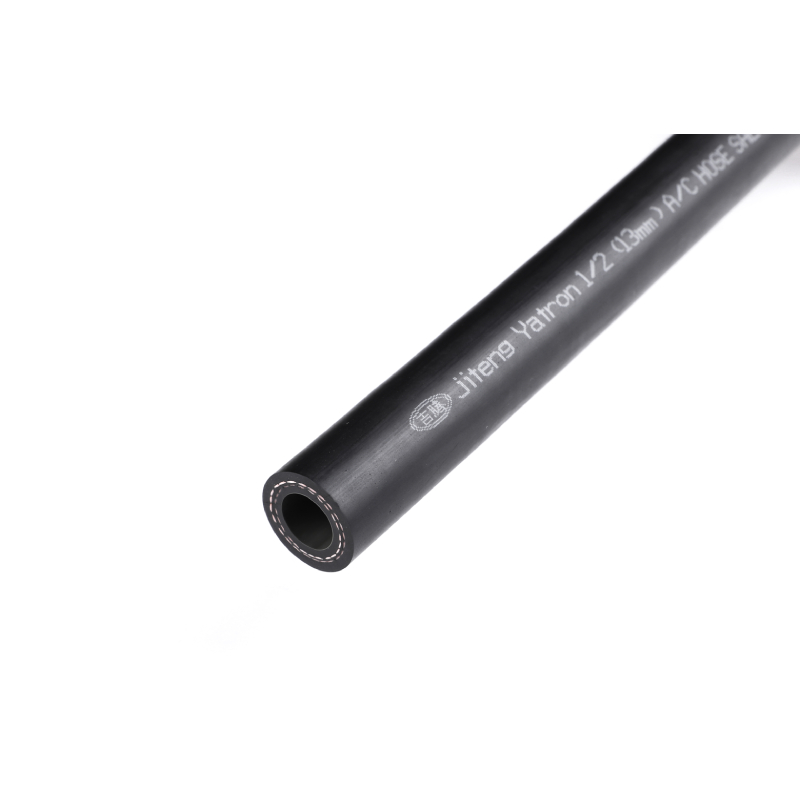Choosing the Right Hose for Your Diesel Heater System
Aug . 16, 2024 21:40 Back to list
Choosing the Right Hose for Your Diesel Heater System
Understanding Diesel Heater Hoses Importance, Types, and Maintenance
Diesel heater hoses play a critical role in the efficient operation of heating systems in various applications, ranging from vehicles to industrial machinery. Their primary function is to transport heated diesel fuel or coolant, ensuring that engines remain warm enough to operate effectively, especially in colder climates. This article explores the importance of diesel heater hoses, the different types available, and how to maintain them for optimal performance.
Importance of Diesel Heater Hoses
In diesel engines, proper heating is essential for optimal performance. Diesel fuel can become thick and less fluid at low temperatures, making it difficult for the engine to start and run efficiently. Diesel heater hoses facilitate the circulation of heated fuel and coolant, thereby preventing the fuel from gelling and ensuring that the engine operates smoothly under varying environmental conditions.
Furthermore, insulated and durable heater hoses can significantly enhance the efficiency of a heating system. By maintaining the temperature of the fluids being circulated, they help in reducing energy consumption and minimizing emissions, which is essential for both economic and environmental reasons. Essentially, a high-quality diesel heater hose contributes to the overall reliability and longevity of the engine.
Types of Diesel Heater Hoses
Diesel heater hoses come in various materials and designs, each suited for specific applications
. Here are some common types1. Rubber Hoses Standard rubber hoses are widely used due to their flexibility and durability. They can withstand moderate temperatures and pressures, making them suitable for many diesel heating applications. However, they may degrade faster under extreme conditions.
2. Silicone Hoses These hoses are known for their excellent temperature resistance, capable of handling high temperatures without degrading. Silicone hoses maintain flexibility even in extreme cold, making them a popular choice for high-performance diesel heating systems.
3. Reinforced Hoses Some applications require hoses that can withstand higher pressure and temperature. Reinforced hoses are constructed with layers of fabric and rubber, providing enhanced strength and durability. They are commonly used in industrial and heavy-duty applications.
diesel heater hose

4. Temperature-Controlled Hoses Advanced diesel heater hoses are designed with built-in temperature control features. These hoses can adjust the flow or pressure based on the temperature of the fluid, improving efficiency and operation.
Maintenance of Diesel Heater Hoses
To ensure that diesel heater hoses perform well and last longer, regular maintenance is essential. Here are some maintenance tips
1. Regular Inspections Routinely check the hoses for any signs of wear and tear, including cracks, leaks, or bulges. Early detection of problems can prevent more significant issues down the line.
2. Cleaning Keeping the hoses clean helps in preventing the buildup of debris, which can cause blockages and inefficiencies. Use appropriate cleaning agents that won't damage the hose material.
3. Proper Installation Ensure that hoses are installed correctly according to the manufacturer's specifications. Incorrect installation can lead to kinks and unnecessary stress on the hoses, resulting in premature failure.
4. Temperature Checks Monitor the temperature of the fluid flowing through the hoses. If temperatures exceed recommended levels, it could indicate a malfunctioning heating system that needs immediate attention.
5. Replacement Knowing when to replace diesel heater hoses is crucial. If a hose shows significant wear or is more than five years old, consider replacing it, even if no visible damage is present.
In conclusion, diesel heater hoses are vital components that enhance the efficiency and reliability of diesel heating systems. By understanding their importance, exploring the various types available, and adhering to maintenance guidelines, users can ensure that their heating systems operate effectively and continue to meet performance standards. Proper care of these hoses not only prolongs their lifespan but also contributes to the overall efficiency and sustainability of diesel engines.
